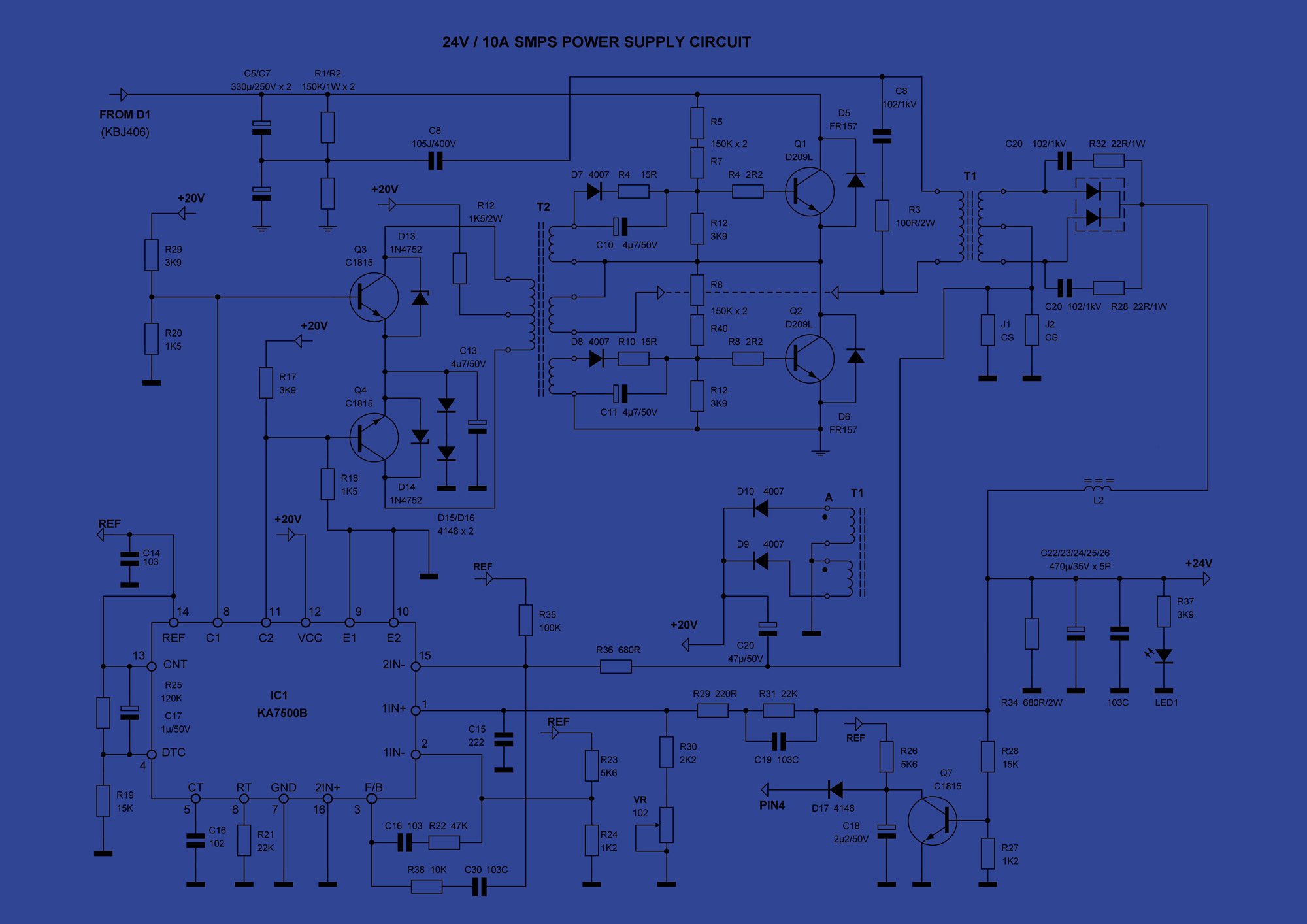

Start Here:
ANSI C63.4: “American National Standard for Methods of Measurement of Radio-Noise Emissions from Low-Voltage Electrical and Electronic Equipment in the Range of 9 kHz to 40 GHz”
ANSI C63.4 contains the main test methods used to verify compliance to FCC Part 15 unintentional emissions limits, making it key for consumer electronics.
ANSI is the American National Standards Institute, and C63 is its committee specializing in EMC matters, particularly test and measurement. There is close coordination between ANSI C63 and the IEEE EMC Society and IEEE Standards Association. C63.4 relates to measuring EM emissions from normal electrical and electronic equipment, and it can be purchased here. Most importantly, it is the standard referenced by the FCC (47CFR15) and Canada (ICES-003) for consumer electronics compliance to FCC Part 15 emissions limits. The current version is from 2014, and it is currently being revised for the next release. Which is a great time for us to remind you that it is free to participate in ANSI C63 standard working groups, so please get in touch with us if this is something you’d like to be involved with--we can put you in contact with the right people to inquire.
C63.4 is one of the broad standards, something that works towards being comprehensive instead of very narrow. For one thing, it deals with both conducted as well as radiated emissions. It covers the test equipment needed for this testing, which includes equipment for different test methods covering the same frequency range. It has a section on measuring IT equipment specifically before moving onto more generic methods. It also has a number of normative and informative Annexes providing more information, context, references, etc. The intent is always to protect nearby equipment, be that a Ham radio, a computer or a pacemaker, from interference.
The standard covers test instrumentation (including some very useful information about test antennas, the uses & limitations of different types), test site requirements, considerations for test setups, discussion of relaxations for sporadic transient emissions, and the following specific test methods:
AC power line conducted emissions, 150 kHz - 30 MHz
Radiated emissions, 9 kHz - 40 GHz (for FCC testing, only 30 MHz - 1 GHz is applicable)
Radio noise power using an absorbing clamp
Test setups specific to IT equipment
Recommendations for testing unintentional emitters other than IT equipment
Radiated emissions testing using TEM waveguides, 30 MHz - 1 GHz
TIP:
It should be noted that the testing done in ANSI C63.4 is significantly different than that found in the aerospace/defense/automotive sections. So a unit that qualifies to FCC limits can’t be automatically said to meet MIL-STD-461 RE102 or CE102, CISPR 25, or RTCA DO160 Section 21--or vice versa. For an explanation of the details, see this presentation Ms. Burnham gave to the SE Michigan chapter of the IEEE EMC Society early in 2024.
